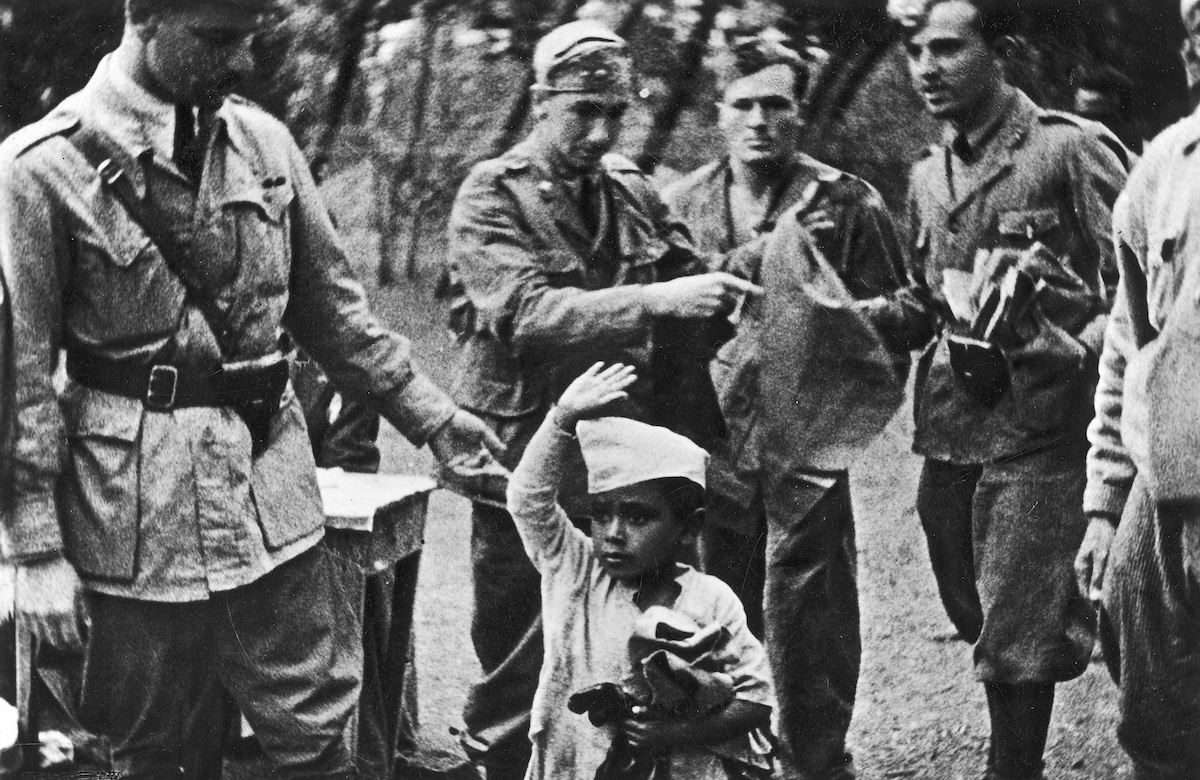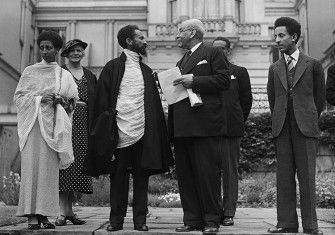Mussolini, Abyssinia and British Imperialism
Mussolini’s colonial land grab in Abyssinia provoked a political storm in Britain. The links between fascism and imperialism were not lost on the British left nor by the empire’s black subjects.

In his recent book The Morbid Age: Britain Between the Wars, Richard Overy writes that the mid-1930s ‘seem to have represented a watershed in British perceptions of the inevitable slide to war’ and cites the conflict following the Italian invasion of Abyssinia as one reason for this. Yet his book, and much of the broader historiography on 1930s Britain, fails to tease out the full significance of the invasion, which took place 75 years ago this month.







